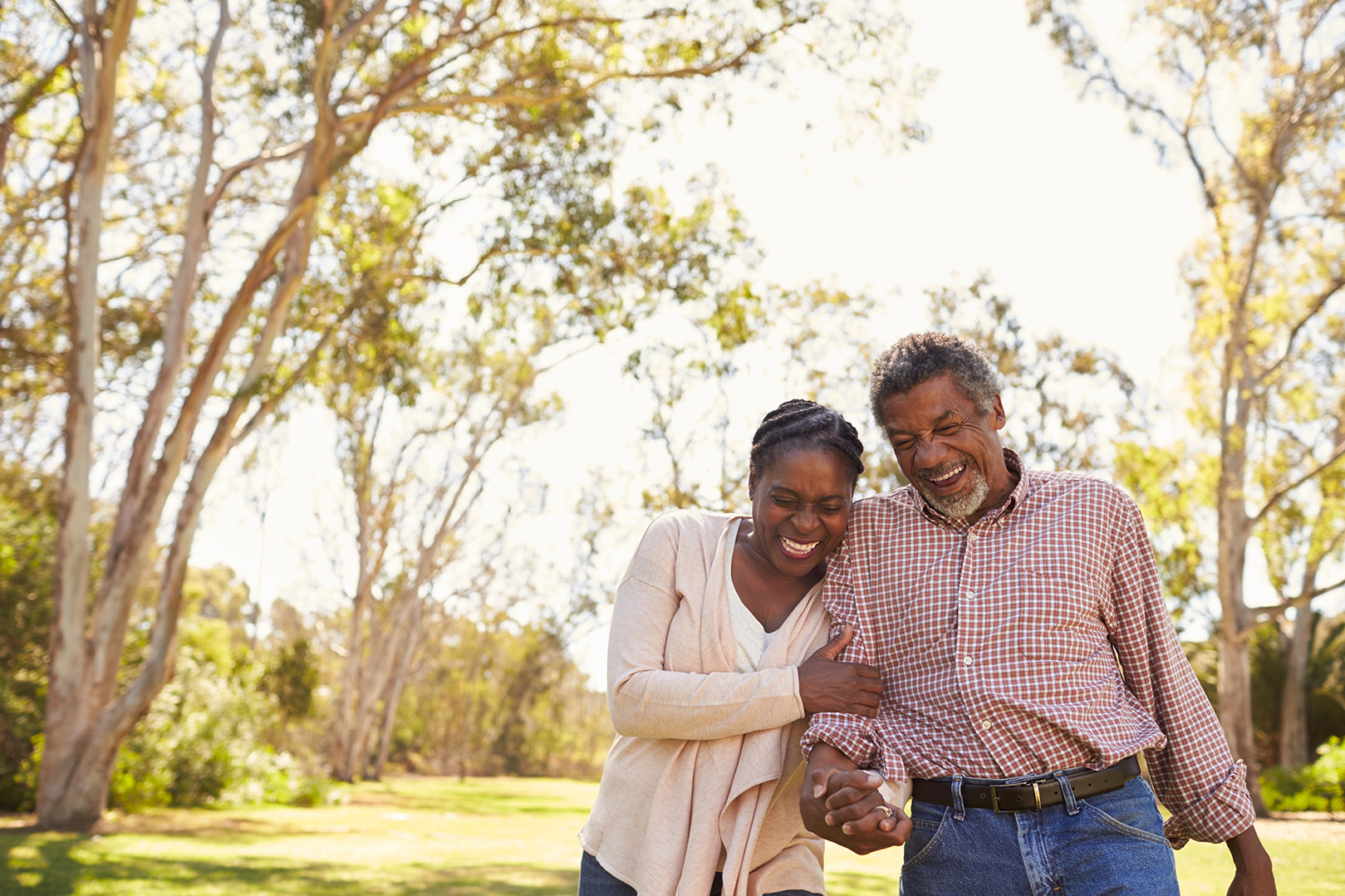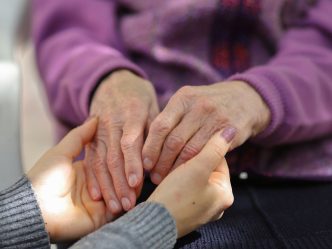Admittedly, growing older with grace might have a little something to do with hair color, wrinkle creams and – ahem – spandex undergarments.
But it has a lot more to do with one simple thing that’s completely free, takes only minutes a day and is widely available anywhere.
Walking.
“Keep walking, and make that your mantra,” said Dr. Nidhi Gulati, a family medicine physician at Augusta University Family Medicine and medical director of the Georgia War Veterans Nursing Home. “Movement is the single most important thing you can do as you grow older.”
In fact, said Gulati, studies have found that patients who are 75 and older who walk regularly experience an astounding 25 to 30 percent reduction in morbidity and mortality.
“It’s very significant from a prevention and health maintenance standpoint,” she said.
And we’re not talking about marathons here or even 5Ks. Regular activity can include a simple walk around the neighborhood or around a track for just 20 to 30 minutes, about five times a week.
Too ambitious? That’s OK.
“The point is for patients to keep moving, at whatever level they are,” Gulati said. “It’s a simple fact of aging – our physiology changes, and we slow down. So just try to work to your limit, which will help you maintain your level of function for as long as possible.”
To prevent falls, walk – and do these, too
Movement also has an added benefit for an issue that’s of huge importance for older adults: fall prevention. Walking, tai chi or dance exercises all help to maintain mobility and balance and decrease the risk of falls as you grow older.
Along with exercise, eat a healthy diet (you know the drill), and that includes the right supplements. Even if you didn’t take vitamin D and calcium when you were younger, you can start taking them now to help strengthen your bones and decrease your risk of fractures.
“It’s never too late to get started on health maintenance,” Gulati said. “And consider this: Studies have even shown that taking vitamin D and calcium is actually related to decreased fall incidents as these supplements help support your bones, muscles and surrounding tissues, increasing your stability.”
As we get older, we also tend to take more medications for both health maintenance and to treat chronic conditions, but certain side effects or drug interactions can increase fall risk. Gulati advises patients to ask plenty of questions and to review their entire list of medications with their primary care physician on a regular basis. Bringing a notebook with notes or questions written down ahead of time or bringing along a family member to assist with those questions can help senior adults to stay organized.
Of course, fall prevention literally begins at home. As an older adult, wear proper footwear (so maybe stash away the stilettos in favor of fashionable wedges if you must wear heels), put away slippery throw rugs and use nightlights to help you avoid trip hazards during any middle-of-the-night bathroom breaks. Something as simple as a side rail on the two steps leading to the garage or patio can be a worthwhile investment – and yes, a bad fall can happen even on just two steps.
Your health care provider can also schedule a home visit by an occupational or physical therapist. He or she can perform a home safety evaluation to look for these and other fall risks.
Walking really is a cure-all for both physical and mental sharpness
But back to movement: Along with physical health, staying active has been shown to help you not only maintain mental sharpness and reduce memory loss but even decrease the risk of dementia.
So make a plan to take a walk every morning; go out with friends for lunch or dinner; join a club; make plans for special outings; and just go out.
“It’s important for everyone to have some goal or purpose in life every day, and even more so for older adults who may not have a job to go to or a family to take care of,” Gulati said. “As humans, we need some human interaction every day to help ward off loneliness or depression – which can be just as devastating as a physical problem.”
So keep moving and walk – it can add years to your life, make you smarter and more popular, and in many ways, truly keep you young. And that really does beat any beauty cream out there.





